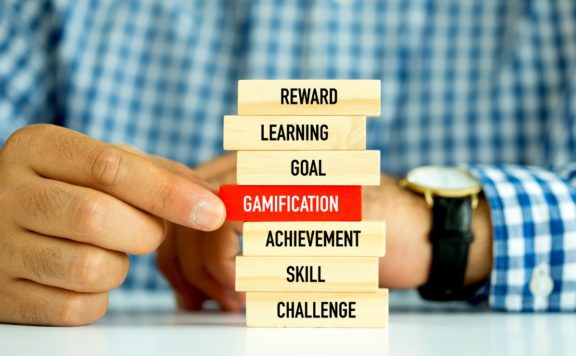Welcome, fellow adventurers, to the dawn of a new era in gaming – Web3. As the digital landscape continues to evolve and expand, so too does the realm of gaming, with exciting new opportunities emerging in the decentralized world of Web3. In this article, we’ll embark on a journey to explore the transformative role that gaming plays in the digital frontier of Web3.
From decentralized economies to virtual worlds, we’ll uncover gaming’s untapped potential in shaping the future of the Internet and beyond. So grab your controllers, don your headsets, and get ready to level up as we delve into the dynamic world of Web3 gaming.
The Rise of Web3
First, let’s back up a bit and talk about what exactly Web3 is. Simply put, Web3 represents the next phase of the internet – a decentralized, user-centric ecosystem built on blockchain technology.
Unlike its predecessor Web2, which is dominated by centralized platforms and by default controlled by a small handful of tech giants, Web3 is all about putting power back into users’ hands and fostering trust, transparency, and collaboration.
Gaming: The Gateway to Web3
Now, you might be wondering, what does gaming have to do with Web3? Well, the truth is that gaming has long been at the forefront of technological innovation and has the potential to drive widespread adoption of Web3 technologies.
Think about it—gamers are already familiar with digital currencies, virtual economies, and decentralized ecosystems thanks to games like Fortnite, Minecraft, Helldivers 2, and Axie Infinity. This community is much more receptive than most.
NFTs and Virtual Assets
One of the most exciting aspects of Web3 gaming is the rise of non-fungible tokens (NFTs) and virtual assets. NFTs allow gamers to truly own and control their in-game items, characters, and digital assets, unlocking new opportunities for creativity, ownership, and monetization.
Imagine buying a rare sword in a game and being able to sell it or trade it with other players for real money or unlocking a special outfit you can wear at crypto casinos – that’s the power of NFTs in gaming.
Decentralised Gaming Platforms
In addition to NFTs, gaming also gives rise to decentralized gaming platforms that empower players to create, share, and monetize their games and experiences. These platforms leverage blockchain technology to ensure transparency, security, and fairness while providing developers with new tools and incentives to innovate and collaborate.
Whether you’re a seasoned developer or a hobbyist gamer, decentralized gaming platforms offer a level playing field where anyone can participate and contribute to the gaming ecosystem.
Community and Collaboration
But perhaps the most important aspect of gaming in the landscape is its ability to foster community and collaboration. In the world of Web3, gaming communities are more vibrant and inclusive than ever, with players coming together to explore virtual worlds, participate in tournaments, and support each other’s creative endeavors.
Conclusion
In conclusion, the role of gaming in the digital frontier of Web3 cannot be overstated. As we’ve seen, gaming is a powerful catalyst for innovation, collaboration, and community building in the decentralized ecosystem. From NFTs and virtual assets to decentralized platforms and vibrant communities, gaming is at the forefront of shaping the future of Web3, offering boundless opportunities for creators, players, and enthusiasts alike.
So, as we continue to explore the uncharted territories of the digital frontier, let us embrace the transformative potential of gaming in Web3 and embark on a journey to unlock new realms of possibility and adventure. The game is on, and the future awaits – let’s level up together in the exciting world of Web3 gaming.







